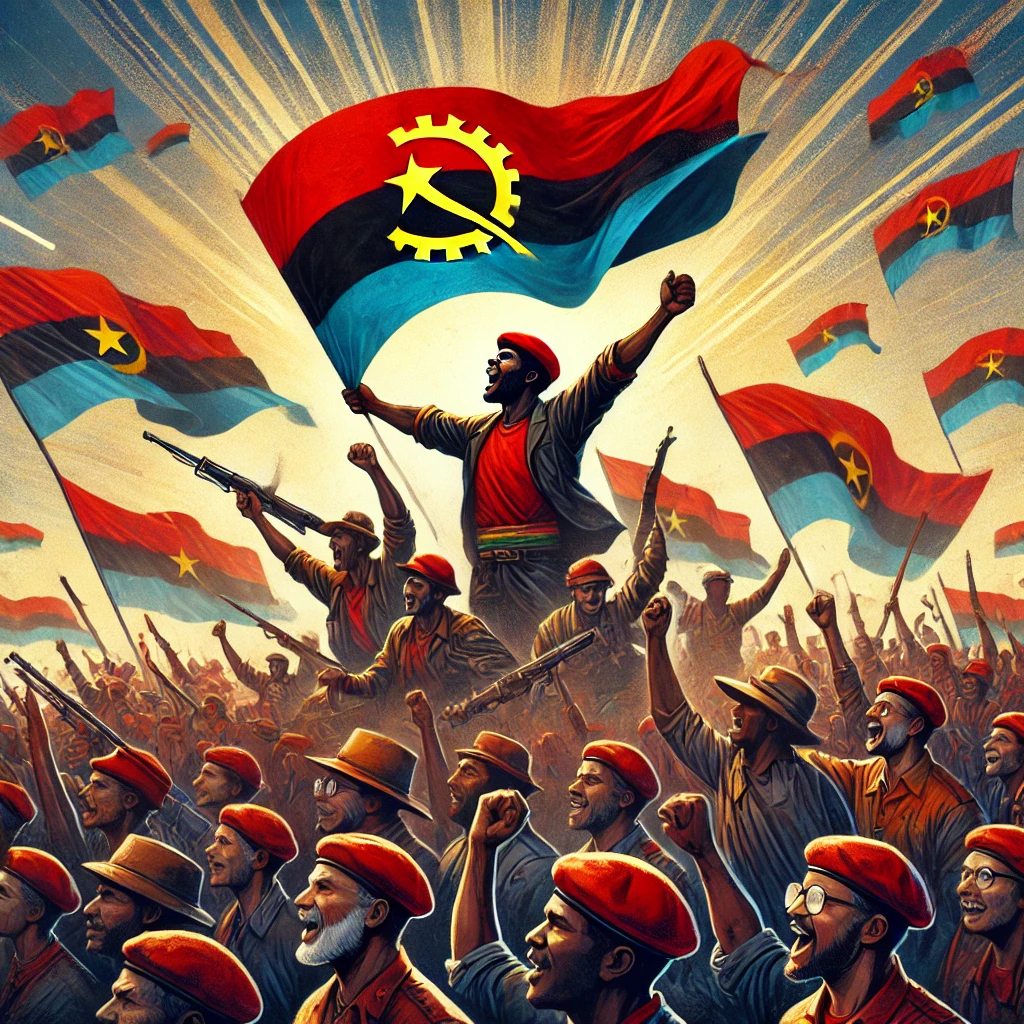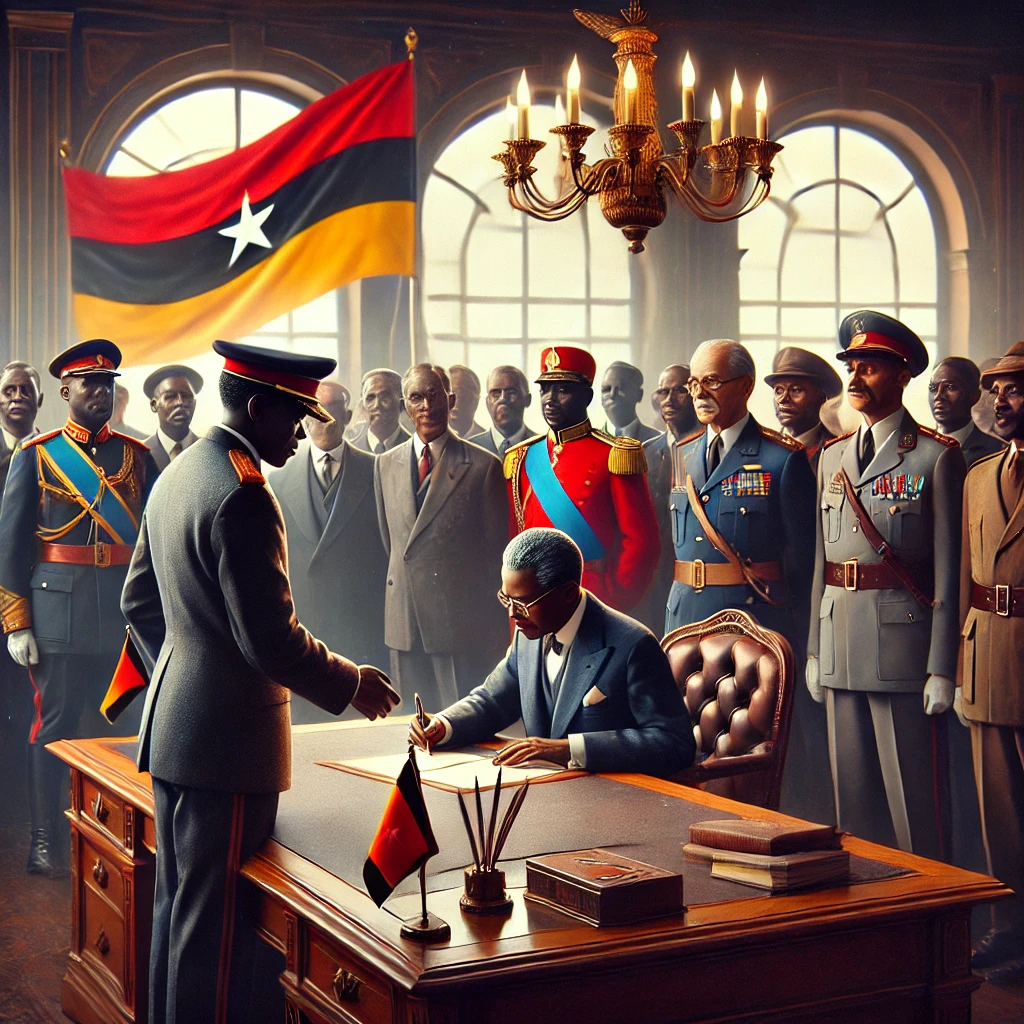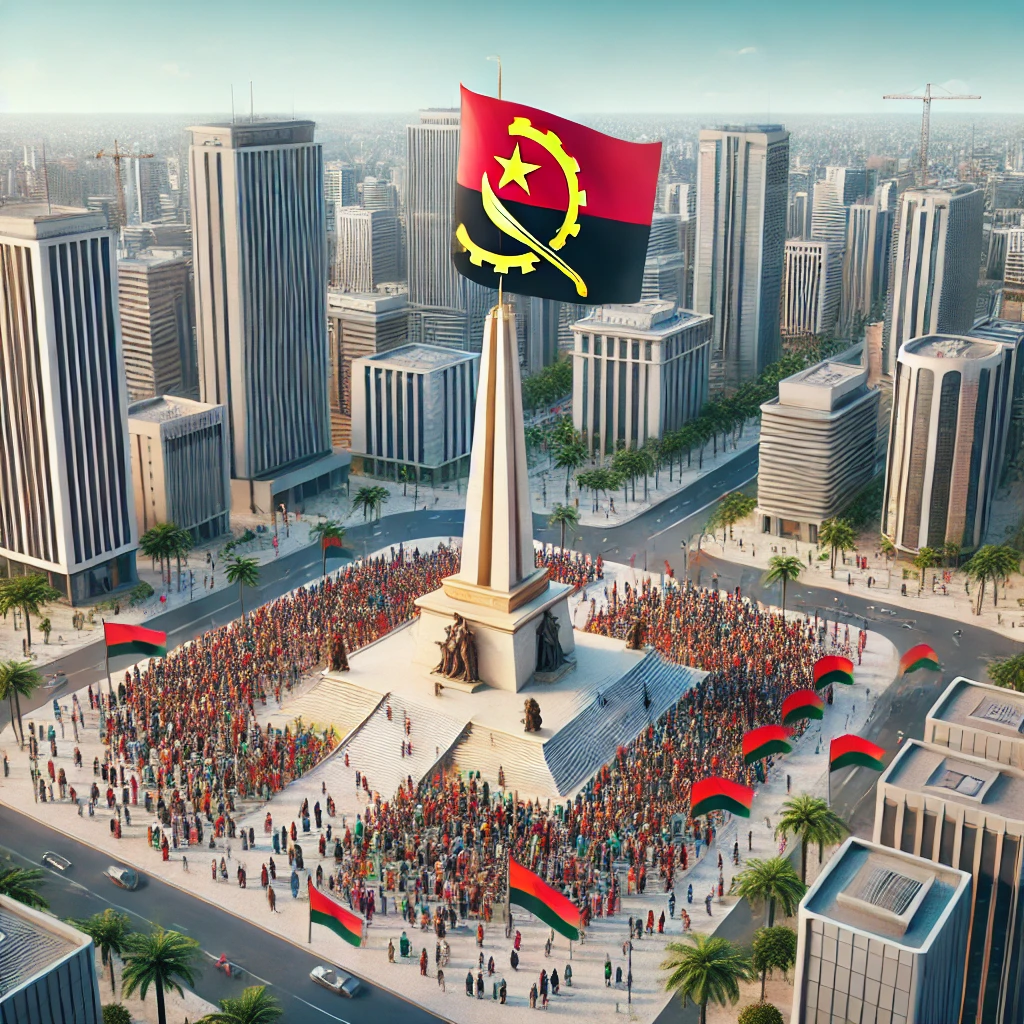On November 11, 1975, Angola, a former Portuguese colony, achieved independence after years of protracted struggle. This momentous event marked a significant milestone in the decolonization of Africa and highlighted the broader movement for self-determination across the continent. Angola’s path to independence was fraught with challenges, yet it ultimately represented a triumph for its people and a pivotal shift in the geopolitical landscape of Africa.

The Struggle for Independence
The struggle for Angolan independence was a complex and multifaceted conflict that spanned several decades. Following World War II, a wave of decolonization swept across Africa, as countries began to assert their right to self-governance. In Angola, nationalist movements emerged, seeking to end Portuguese colonial rule that had persisted since the late 15th century. Various groups, including the Popular Movement for the Liberation of Angola (MPLA), the National Front for the Liberation of Angola (FNLA), and the National Union for the Total Independence of Angola (UNITA), formed to fight against colonialism.
The war for independence escalated in the 1960s, marked by armed resistance and guerrilla warfare against Portuguese forces. Despite facing significant military opposition, the nationalist movements gained support from both the local population and international allies. The struggle was not only about political autonomy but also about addressing social injustices and the economic disparities fostered under colonial rule.

Achieving Independence
The turning point came in the mid-1970s when Portugal faced a revolution at home, leading to a withdrawal from its colonies in Africa. Amidst this backdrop, the MPLA emerged as the dominant force in Angola, ultimately declaring independence on November 11, 1975. The event was celebrated as a victory for the Angolan people, marking the end of centuries of colonial domination.
However, the celebration was tempered by the onset of civil conflict as rival factions, particularly UNITA and FNLA, contested for power. The ensuing civil war would last for nearly three decades, resulting in significant suffering and loss of life. Despite this turmoil, the independence of Angola signified a critical moment in the global decolonization movement, inspiring other nations still under colonial rule to seek their freedom.
Lasting Impact on Angola and Beyond
The independence of Angola on November 11, 1975, had profound implications for the country and the wider African continent. It not only marked the end of Portuguese colonial rule but also ushered in a new era of governance and national identity. The post-independence period was characterized by attempts to build a cohesive nation amid ethnic divisions and political rivalries, a challenge that continues to affect Angola today.

Angola’s journey to independence also contributed to the broader narrative of decolonization in Africa, as many countries sought to shake off the remnants of colonialism and establish their sovereignty. The struggles faced by Angolans resonated with other liberation movements across the continent, reinforcing the idea that self-determination was a fundamental right.
The independence of Angola on November 11, 1975, represents a significant chapter in the history of decolonization and self-determination in Africa. While the immediate aftermath was marked by civil conflict, the event itself stands as a testament to the resilience of the Angolan people and their quest for autonomy. As we reflect on this historic moment, we recognize its lasting impact on Angola and the broader context of African liberation movements, serving as a reminder of the ongoing journey toward peace and stability in the region.
